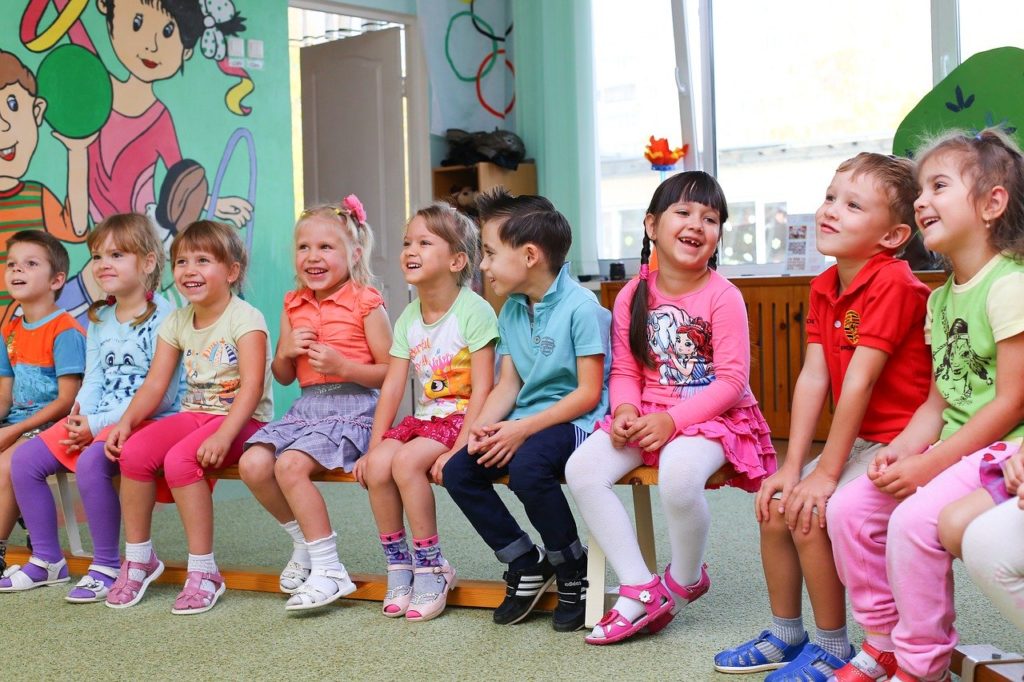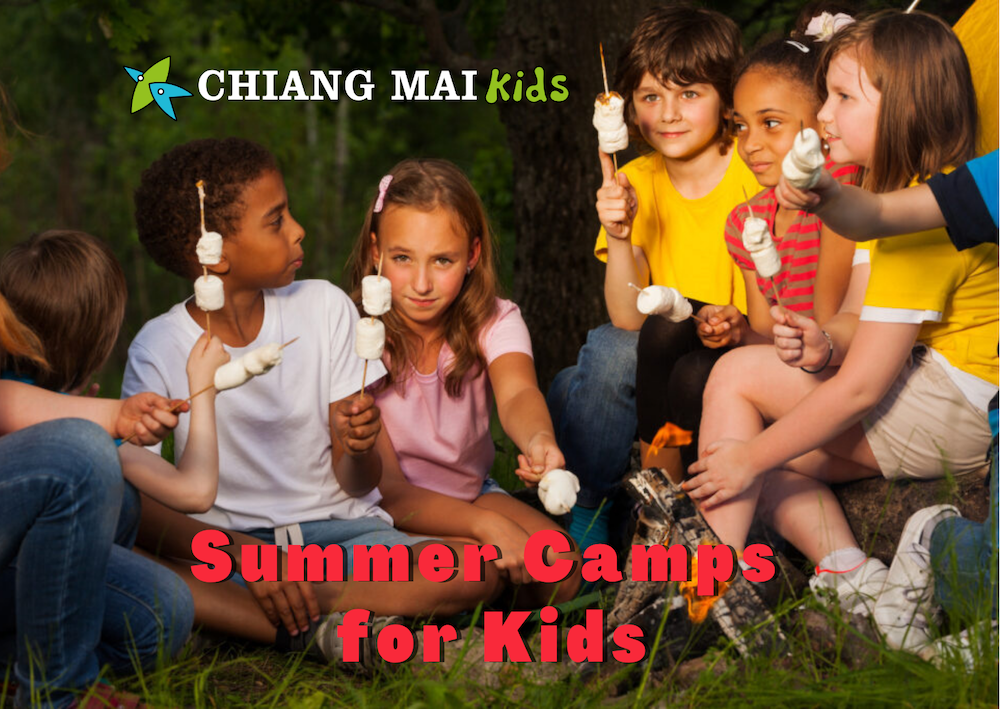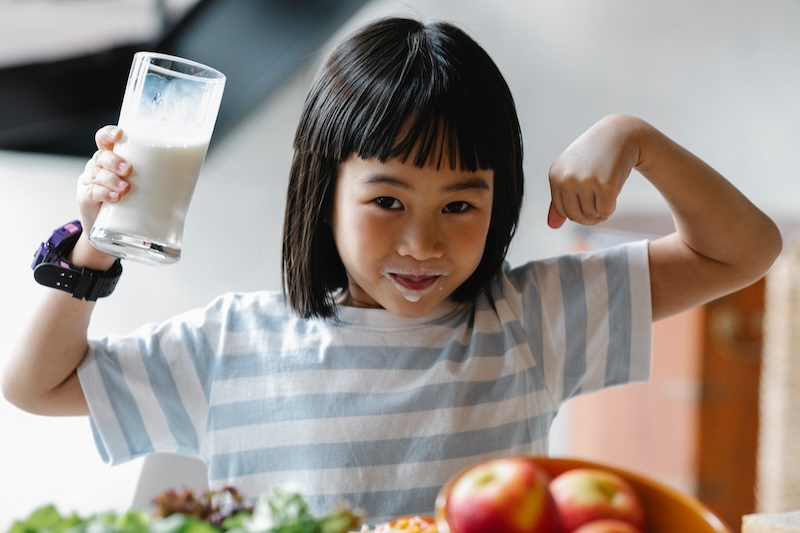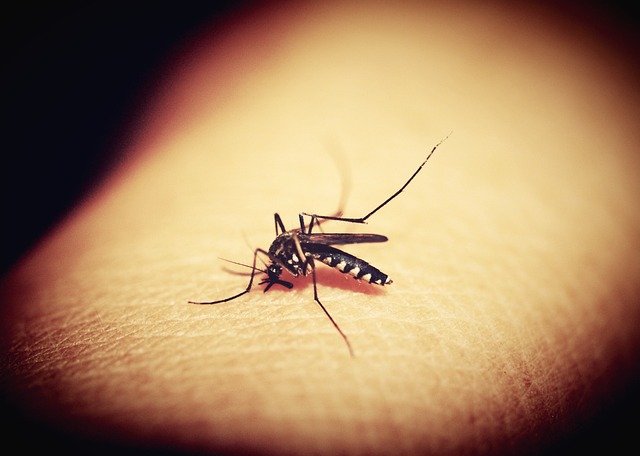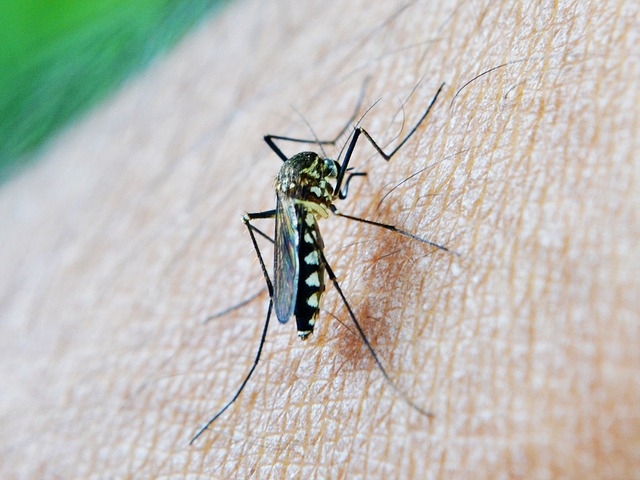As we continue with our focus on education, we explore Reggio Emilia, a unique concept in preschool and primary education. Under this approach, the child is an active participant in learning, and focus is placed on free inquiry as the basis of education. The approach also embraces the notion that teachers, parents, and children are equal and ongoing shareholders in the learning process. Learn more below.
What is it Exactly?
Developed in the 1940s in an Italian city bearing the same name, the Reggio Emilia approach considers the child to be a competent protagonist and initiator who interacts with their environment. The child is both a learner and a guide. As children are believed to be “knowledge bearers”, they are encouraged to share their thoughts and ideas about everything they encounter or do during the day, granting them some control over the direction of their learning. Also, the Reggio approach believes that kids must be able to learn through the experiences of touching, moving, listening, seeing, and hearing; forming relationships with other children; and having endless opportunities to express themselves.
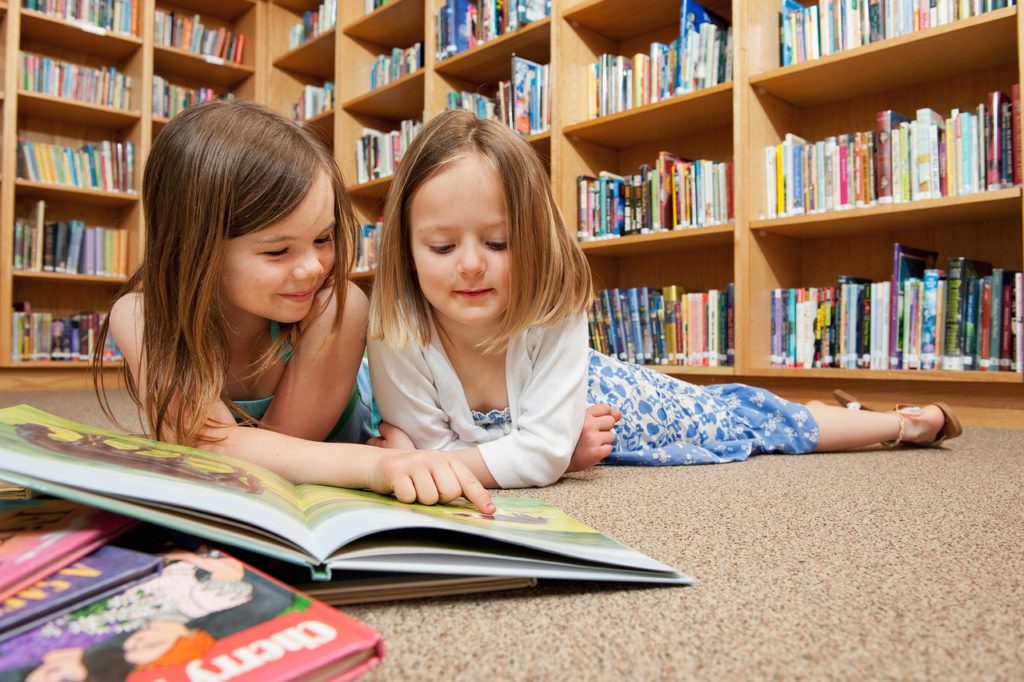
While the teacher facilitates the learning, he or she is also a learner. In other words, the teacher observes how a particular child acquires information and knowledge, and gains a better understanding how that child learns. The teacher then structures a more individualized curriculum and environment.
The Reggio approach shares some values with the better-known Montessori method, but it is not a philosophy with a set system of beliefs. Instead, its ideas can be incorporated into any teaching model to enhance an already existing programme. Today, the approach has spread into a worldwide network of preschools, kindergartens, and elementary school classes.
What Sort of Curriculum is Involved?
Each school term or year will focus on a particular project. Often, brainstorming by the individual child or the class initiates a topic. The curriculum is then developed around this particular topic, evolving into a hands-on, multi-dimensional project. Emphasis is placed on learning from new situations that present themselves and from schema (a multi-faceted perceptual model), rather than the isolated presentation of facts and information memorization. Children also reinforce math, problem solving, and emerging literacy skills in relation to their project.
How are Parents Involved?
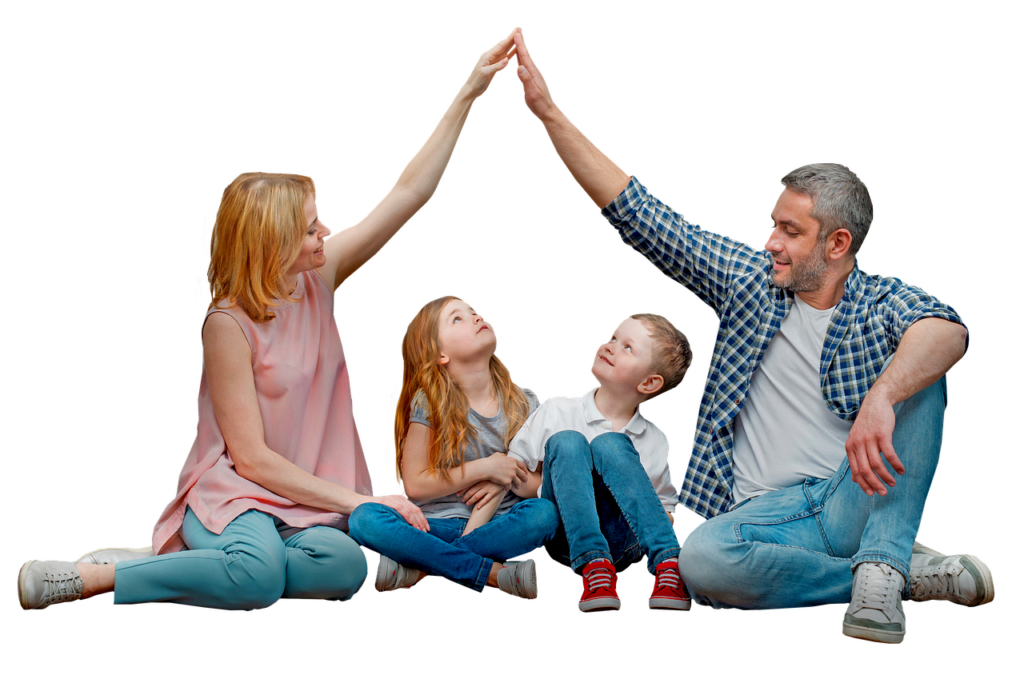
The Reggio approach views the parent as an essential resource for the child’s learning both at the school-wide and classroom levels. Schools will thus foster their own communities, and parents are expected to take part in discussions about school policy, child development concerns, and curriculum planning and evaluation.
What are the Environments Like?
The environment of the Reggio school is considered to be the “third educator”, after the teacher and parent. Schools are visually pleasing, with lots of natural displays, earthy hues, and calm environments. Most classrooms also include a studio, or “atelier,” which is equipped with materials such as clay, paint, and writing implements, among others. Children use these materials to represent concepts that they are learning in a hands-on way.
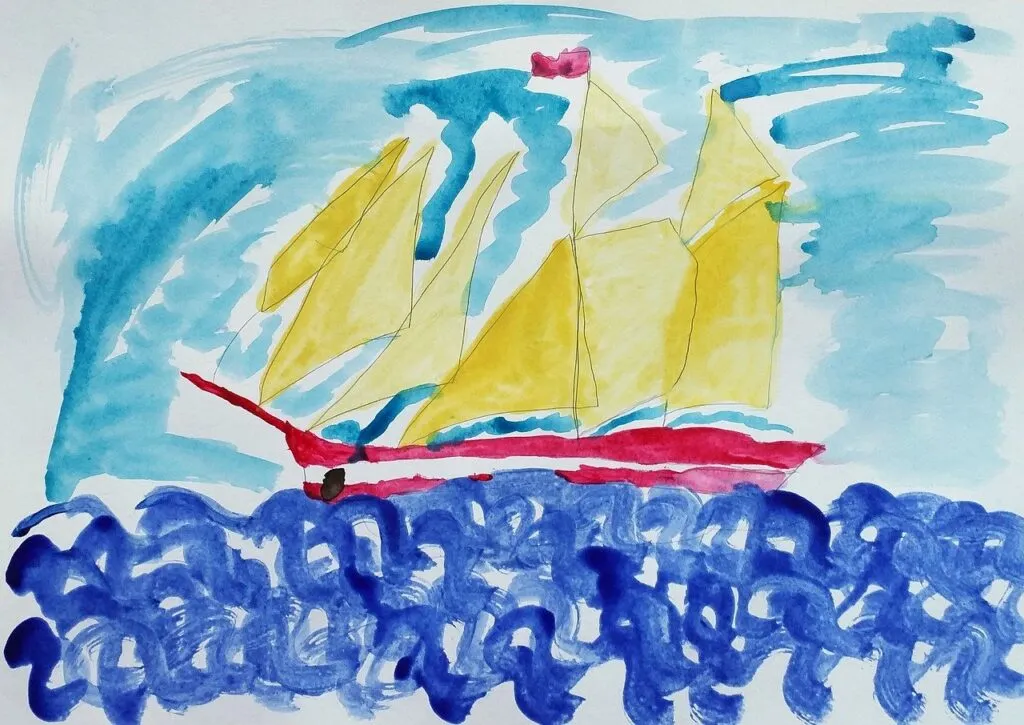
Also, learning is visible at Reggio schools. Documentation is important — the teacher observes and uses a variety of methods, such as cameras, tape recorders, and journals, to track children’s thoughts and ideas as they play or work with materials. For example, parents may see photos of a work in progress on the classroom wall, accompanied by quotes and artwork from the children, which allows them to readily understand what their child learns at school. Children also gain a sense of pride from seeing such validation of their work. In essence, the environment becomes one means of evaluation.

